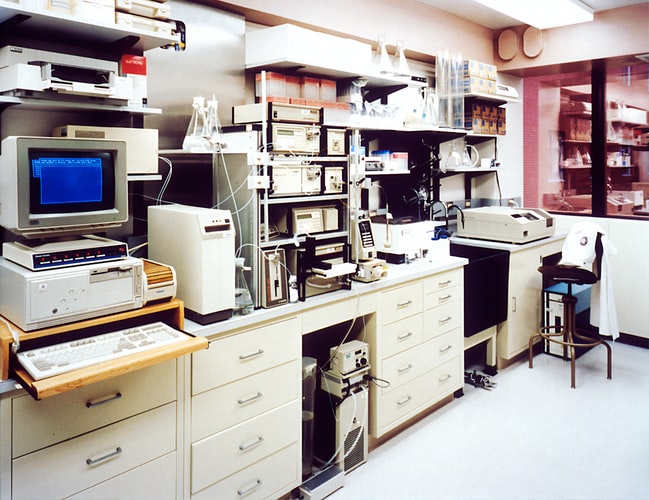
ECRF design is a key aspect within the clinical trials industry. However it is often overlooked and this can lead to a range of different issues within the industry. Lets look at the different areas of ECRF design you should know about and their overall impact.

Importance Of Organisation In Clinical Trials
Before we touch on the overall impact that ECRF design can have on clinical trials , it is important that you have a good base of knowledge on the importance of organisation in clinical trials. Organisation is key , without it many clinical trial organisations would struggle to manage and organise their results and data gathered from different trials.
In order to ensure that data is managed and collected effectively , there are a number of different safeguards in place. One of the mainsafeguards and common forms of industry practice is metadata management training for employees.
One of the main reasons that metadata management training is so important is that it helps employees organisation skills. As a result they are far more likely to be skilled in their role and what they do day to day. In addition to being skilled in their role , having metadata management training means that employees will likely be far more effective within their role.
ECRF And Clinical Studies
ECRF also known as (electronic case report forms) are key aspects of clinical trials which are needed in for accurate data reporting and logging. These forms allow for the rapid documentation of data as well as fast and effective data management.
ECRF is a key component in the clinical trials industry structure. This is because throughout the clinical trials process , an ECRF form is needed at practically every stage. Furthermore , due to the layout and way in which the form is used , it is complemented by the active and professional implementation of metadata management training.
There are a number of different principles which should be established when conducting clinical trials or studies using an ECRF. Such as:
- Accurate and consistent data logging
- To allow for faster and more in-depth analysis
- To be accessed freely and quickly where possible
- Allowing submissions of data to be made a lot easier
- Conforming with data guidelines and regulations

Why Are Data Regulations So Strict?
There are are a variety of different reasons as to why data regulations are so strict in the clinical trials and studies industries. One of the main reasons behind this is the amount of data protection legislation that is typically in place normally.
Furthermore there due to the uncertain nature of clinical trials as well as clinical studies , it is essential that data is kept confiential. This means that findings and test subjects data should only be released with explicit permission.
Another key reason why data regulations have become so strict over recent years has been due to the inaccurate logging of data. Poor data quality or regulation can lead to inaccurate results and findings that may not be applicable due to mismanagement of data. Therefore clear and consistent regulation is needed to address this issue.
